Get started with Mizzou
ApplyOverview
You know that social justice hinges on access to information and literacy. That means children’s librarians must know how to reach diverse communities and help build inclusive pathways to knowledge. Your passion for empowering young learners motivates your interest in the University of Missouri’s (Mizzou) master’s degree in library and information science (MLIS) with an emphasis in youth services. You want a degree that fully engages your heart and mind.
Mizzou’s 100% online MLIS in youth services prepares you to understand and influence learning, information discovery and usage. The School of Information Science and Learning Technologies (SISLT) welcomes unconventional thinkers and non-traditional students. It is designed to fit in your schedule while you balance multiple obligations: full-time jobs, family commitments, personal goals and more.
As a student in this program, you will join a distinct community of online learners, scholars and professionals dedicated to helping young people access, understand and apply information.
Faculty in SISLT and the iSchool at Mizzou (an AAU Research I university) have been teaching online for 20 years — and analyzing how people teach best online. They are dedicated to delivering quality learning experiences that highlight one-on-one interactions between faculty and students.
The online MLIS features interdisciplinary course work that allows students to learn from experts in their field — and meet their own career goals. Upon graduation, you will be skilled in the range of tools and practices that youth librarians employ to ensure every child and teen can access the power of information.
The School of Information Science and Learning Technologies (SISLT) is a proud member of the iSchools consortium, an international coalition of leading information schools. This online program is the only master’s degree in the State of Missouri that is accredited by the American Library Association (ALA).
Quick facts
Official name
Master of Library and Information Science with an emphasis in Youth ServicesCampus
Program type
Master's degreeAcademic home
College of Education & Human Development | School of Information Science and Learning TechnologiesDelivery mode
100% onlineAccreditation
Higher Learning Commission, American Library Association (ALA)Credit hours
39Estimated cost
$23,006.10*This cost is for illustrative purposes only. Your hours and costs will differ, depending on your transfer hours, your course choices and your academic progress. See more about tuition and financial aid.
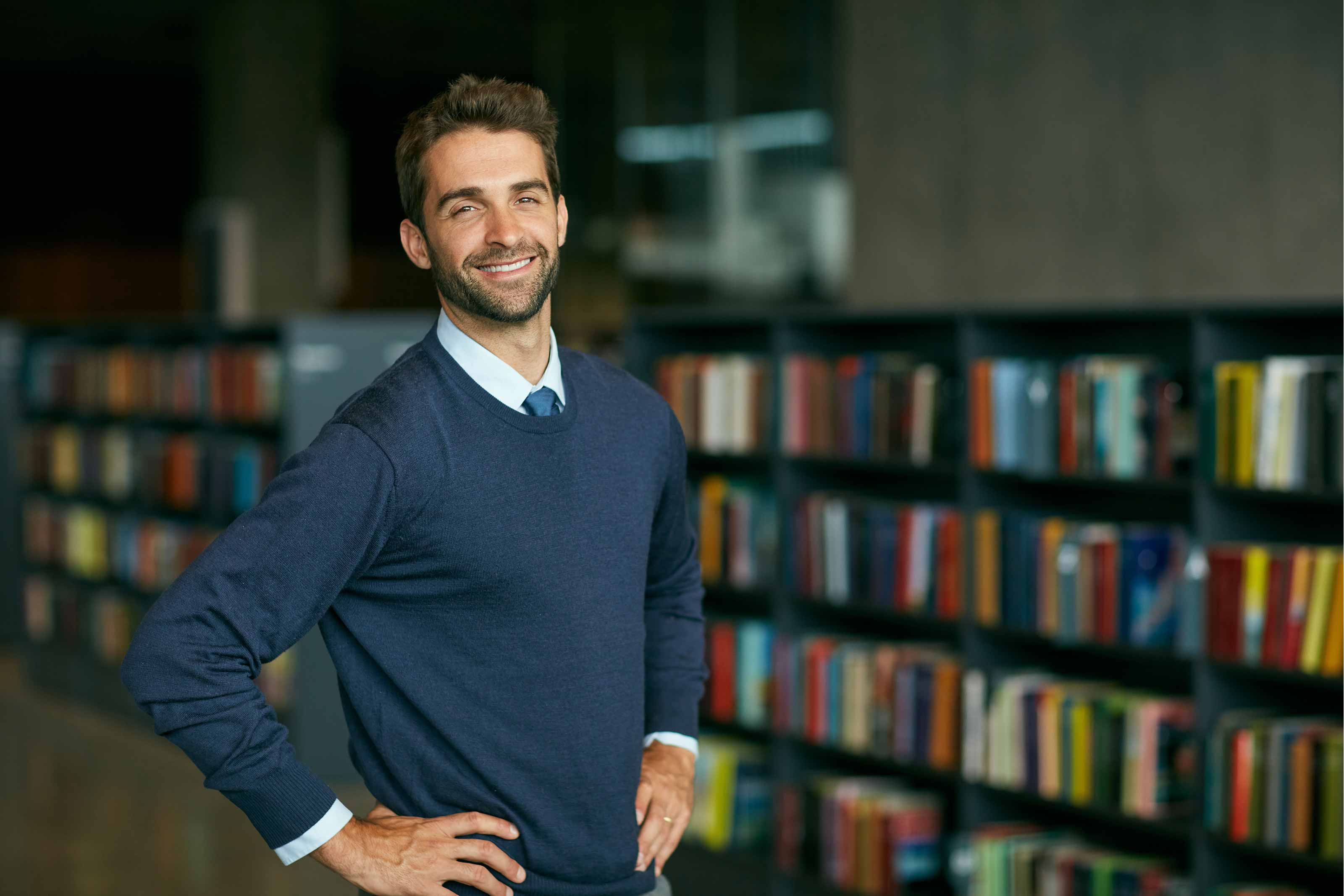
Career prospects
Job titles graduates of this program may achieve:
- Children’s librarian
- Young adult/teen librarian
- Youth services section manager
- Library associate
- Outreach librarian
Program structure
Delivery of this program is 100% online: No campus visits required.
Courses are semester-based, though some are structured for an 8-week term. Part-time students typically finish in four years. A full-time student can complete the program in two years.
Coursework includes
- Sociocultural aspects of literacy
- Social and emotional learning
- Gender construction in children’s and adolescent literature and media
- Youth services in libraries
- Teen and children’s library materials
- Seminar in diverse children’s literature
Delivery
100% onlineCalendar system
SemesterTypical program length
2-4 yearsTypical course load
1-3 classes per semesterAccreditation
The University of Missouri is accredited by the Higher Learning Commission, one of six regional institutional accreditors in the United States. The library and information science master’s program is accredited by the American Library Association.
Faculty spotlight
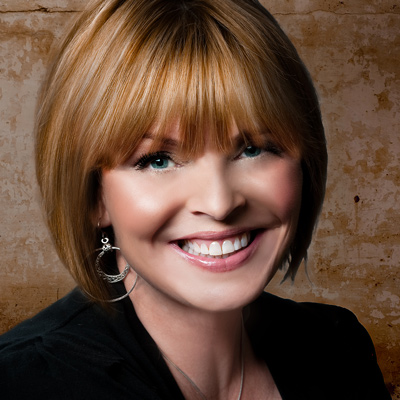
Dr. Beth Brendler is an Associate Teaching Professor in the iSchool at the University of Missouri. Her areas of interest include the sociocultural aspects of literacy, inclusive library services to diverse and underserved populations, and the socialization of children and adolescents through literature and media. The majority of her research has been on the sociocultural aspects of literacy, as well as literature and library services for underserved and marginalized youth.
Her research has examined rural school libraries as resources of community mental health literacy, library collections and services for LGBTQIA+ children and adolescents, intersectionality in self-published LGBTQIA+ eBook fiction, gender and literary response, identity and classroom book discussion, children’s and adolescent literature about marginalized populations, gender construction in children’s and adolescent literature, and socioeconomic status and literacy.
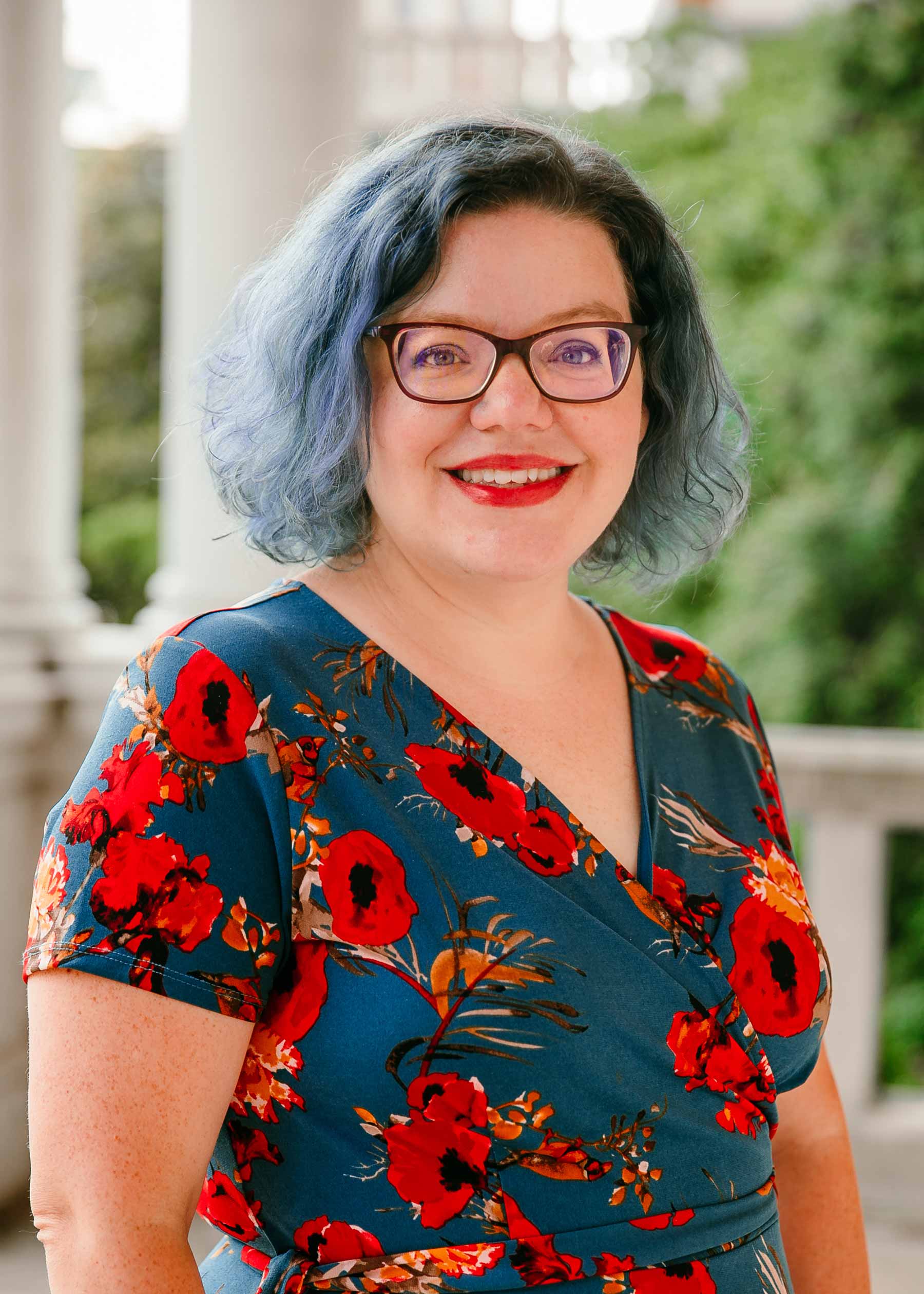
Dr. Cynthia Dudenhoffer joined Mizzou in 2021 as an associate teaching professor and program coordinator for the School of Information Science & Learning Technologies. Previously, she held the role of Director of Information Resources and Assessment at Central Methodist University. She has served in many leadership roles locally and nationally, including president of the Missouri Library Association. She also serves as a professional consultant in areas of academic library accreditation, program review, project management, and leadership through innovation. Areas of expertise include emerging technologies in information agencies and data literacy.
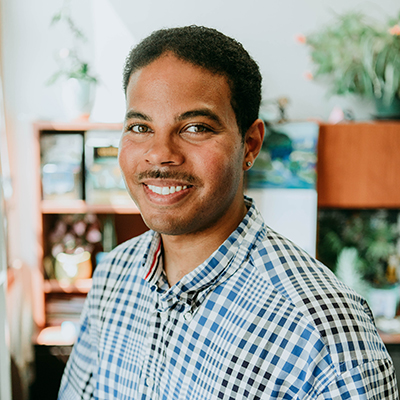
Jason K. Alston earned his PhD in library science from the University of South Carolina and most recently worked as an information literacy librarian at Coastal Carolina University. His research interests include diversity in libraries, library fellowship programs, cultural heritage and the role of emotion in information verification.
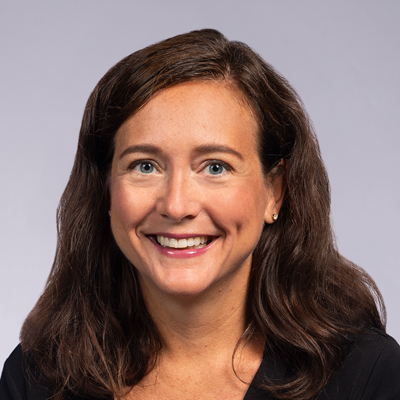
Jenny Bossaller holds a bachelor’s in archeology (BA), a master’s in library and information sciences, and a PhD in information science from the University of Missouri. Before joining the Mizzou faculty, Bossaller taught in the School of Library and Information Science at the University of Southern Mississippi. In addition to coauthoring numerous journal articles, she has earned an excellence in teaching award from the University Professional and Continuing Education Association and the David Cohen/EMIERT Multicultural Award for her research of multiculturalism in libraries in North America. Her areas of expertise include public library and social equity library history, and adults’ reading interests
